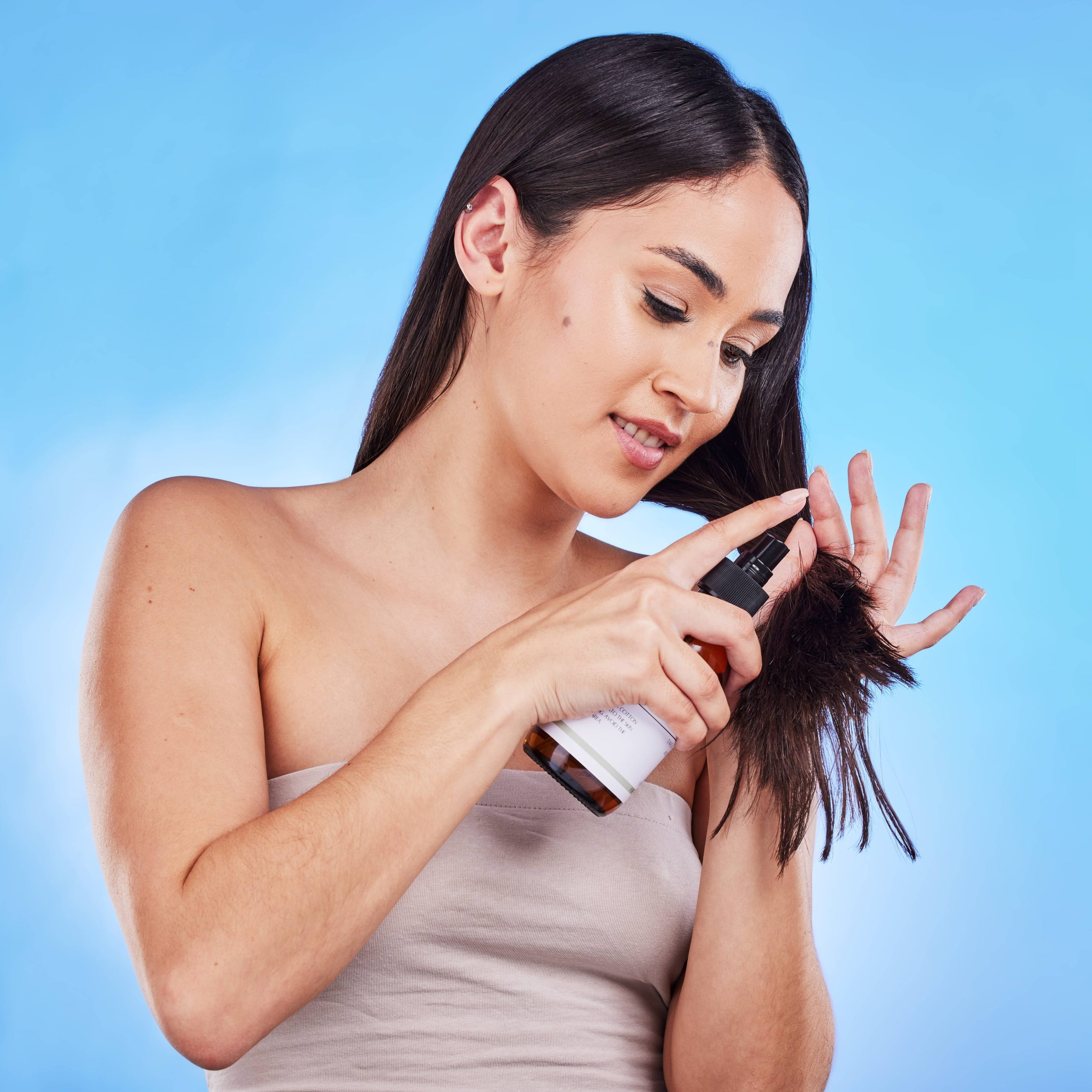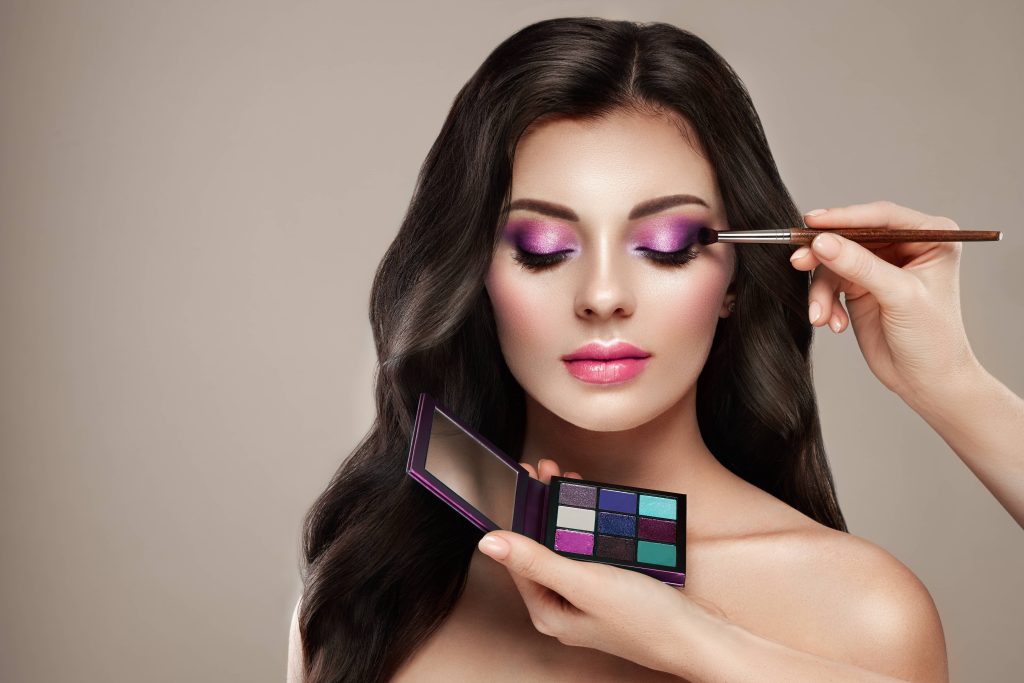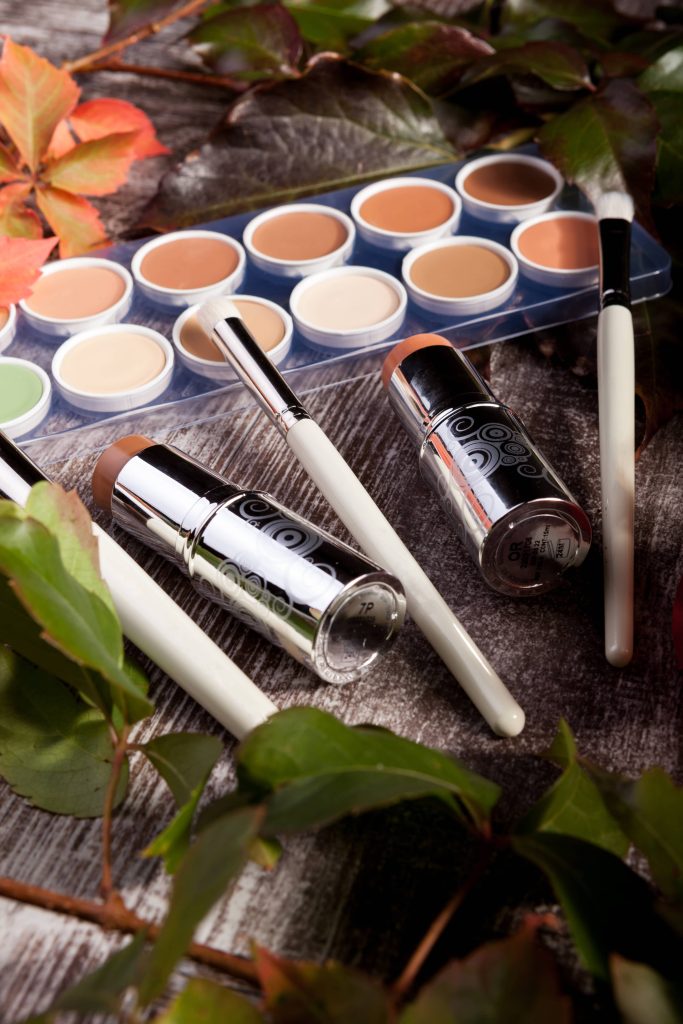
When it comes to the quest for luscious, voluminous locks, we often turn to an arsenal of shampoos, conditioners, hair masks, and styling products. However, the secret to truly healthy hair might lie beyond the packaging of these beauty products and in the contents of our kitchen pantries and refrigerators. Just as skin can reflect one’s overall health, our hair can be a mirror of nutritional wellness. The influence of nutrition on the health of hair can be significant, and understanding this relationship is crucial for anyone passionate about haircare.
The Building Blocks of Hair
Let’s start with the basics: Hair is primarily made up of a protein known as keratin. This fibrous protein forms the structural foundation of the hair shaft, and just like any other cell in your body, hair requires nourishment to maintain its health and growth. When your diet is lacking in essential nutrients, your body prioritizes vital organs over hair, leading to dullness, thinning, and even hair loss.
Essential Nutrients for Hair Health
1. Proteins
As the main component of hair, sufficient protein intake cannot be understated. Without adequate protein, you may experience hair weakness and brittleness. Incorporate lean meats, fish, eggs, dairy products, and plant-based sources such as legumes and tofu into your diet to ensure your hair remains robust and resilient.
2. Omega-3 Fatty Acids
Omega-3 fatty acids, found in fatty fish like salmon and sardines, as well as walnuts and flaxseeds, are known to support hair health by nourishing the hair follicles and promoting healthy scalp hydration. These fats are essential for maintaining the natural oils that keep hair shiny and full of luster.
3. Vitamins A and C
Vitamin A plays a key role in the production of sebum, the natural oil that conditions the scalp. Sweet potatoes, carrots, and spinach are excellent sources of this vitamin. Meanwhile, vitamin C is critical for collagen formation, which strengthens the capillaries supplying hair shafts. Ensure you’re eating citrus fruits, bell peppers, and strawberries to get your daily dose.
4. B-Vitamins: Biotin and Beyond
Known as the ‘hair growth vitamin,’ biotin (a B-vitamin) is essential for producing amino acids that promote hair growth. Deficiency in biotin can lead to hair loss. Other B-vitamins, such as B6 and B12, are important for creating red blood cells, which carry oxygen and nutrients to the scalp. Consider foods like eggs, nuts, whole grains, and avocados for a B-vitamin boost.
5. Iron
Iron deficiency is a common cause of hair thinning, especially in women. Iron helps red blood cells deliver oxygen to hair follicles, supporting growth and repair. Red meat, lentils, spinach, and fortified cereals are all valuable sources of iron. Pair these with vitamin C-rich foods to enhance iron absorption.
6. Zinc and Selenium
These minerals are vital for hair tissue growth and repair. Zinc plays a crucial role in maintaining the oil glands surrounding follicles. A lack of it can lead to hair loss and a dry, flaky scalp. Incorporating oysters, beef, and pumpkin seeds can boost zinc levels. Selenium, found in Brazil nuts and whole grains, aids in the generation of new hair growth.
Dietary Habits for Optimal Hair Health
1. Hydration Matters
Hair health isn’t just about what you eat; it’s also about what you drink. Dehydration can lead to dry, brittle hair, so make sure you’re drinking enough water throughout the day. Herbal teas and infused waters with cucumber or mint can also contribute to your hydration status.
2. Balance is Key
While focusing on these nutrients, remember that overly restrictive diets or sudden changes in eating habits can impact your hair adversely. Balanced nutrition, with a variety of fruits, vegetables, whole grains, proteins, and healthy fats, ensures that your locks remain healthy and strong.
3. Mind the Processed Foods
Highly-processed and sugary foods might seem satisfying, but they can cause spikes in blood sugar levels, leading to increased levels of androgens, which can shrink hair follicles. Aim for whole foods and limit processed snacks.
The Role of Supplements
In some cases, dietary restrictions, allergies, or specific health conditions may prevent individuals from obtaining enough of certain nutrients through food alone. In such cases, supplements can be a practical solution. Biotin and iron supplements, for instance, are commonly used by those experiencing hair loss. However, it is essential to consult with a healthcare professional before starting any supplement) regimen to ensure it’s suitable for your specific needs.
Conclusion
The influence of nutrition on hair health is multifaceted, highlighting the importance of comprehensive dietary habits. Our strands are not only a reflection of our genetic makeup but also of our dietary choices and overall health. While topical treatments are valuable, integrating the right nutrients through food and supplements forms the cornerstone of vibrant, resilient hair. As you weave through your haircare journey, remember that beauty radiates from within, culminating in every strand nourished and enhanced by the foods you consume. Invest in your nutritional wellbeing, and your hair will undoubtedly flourish with vitality and vigor.



